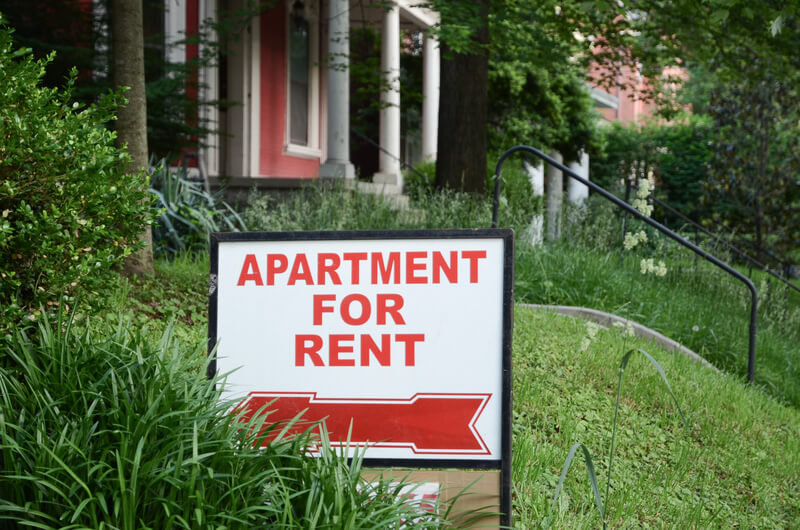Are you considering venturing into property investments but don’t know where to start?
Establishing a rental property can be a fantastic way to generate a steady income stream. But it’s not just about buying a house and renting it. There are several strategies you can use that have unique benefits and considerations.
3 Ways to Establish a Rental Property
This article describes three ways to accomplish your goals and address legal concerns. Of course in reality, there are more than three ways to do this. However, we feel its best to give you a complete picture of the more common and tested strategies. Whether you are new to real estate investing or experienced, we have valuable advice to share.
Purchasing an Existing Rental Property
Buying an existing rental property can be a convenient way to establish yourself. It’s arguably the fastest way to become a landlord. One of the primary benefits of this approach is there’s no waiting for construction or extensive renovations. Moreover, there’s often a proven track record of income.
You may even inherit existing tenants. This convenience can save you the effort and cost of finding and screening new renters. You also have the opportunity to evaluate the occupancy rate, maintenance costs, and overall efficiency.
However, purchasing property requires due diligence. You’ll need to consider factors such as its condition and the terms of current leases. A property that looks like a good deal might have hidden issues. For instance, it could suffer from maintenance neglect or low rent for the market.
Here’s a step-by-step guide to purchasing an existing rental property:
- Research: Examine the market to understand rental rates, tenant demand, and property values.
- Identify Potential Properties: Look for properties that fit your budget and goals. This process could involve working with a real estate agent, searching online listings, or networking.
- Evaluate the Property: Once you’ve identified a potential property, evaluate it thoroughly. This step involves inspecting its condition and reviewing financial records.
- Financing: If you’re not buying the property outright, shop for the best mortgage rates and terms.
- Make an Offer: If everything checks out, it’s often a good idea to work with a real estate lawyer to ensure the sale goes smoothly.
- Close the Deal: Once the seller accepts your offer, finalize your financing and close the deal.
Converting Your Home Into a Rental Property
Converting your current home into a rental unit can be an attractive option. For example, renting can provide a steady income if you have to move but want to keep your house. You can retain ownership and afford a new primary residence in a new city. Also, when the market is low, you have more incentive to wait for a better time to fully sell your property.
However, the transition from homeowner to landlord has legal and financial implications. On the financial side, you’ll have to plan for possible renovations, maintenance, and insurance. There is also a cut to your margin if you choose to use a property management service. Legally, you must also comply with state and local laws. These may include specific safety and health standards, inspections, or even climate change regulations.
Here are some steps one might follow to transition from homeowner to landlord:
- Assess Your Property: You may need to make some updates or modifications to make it appealing to renters.
- Understand the Financial Implications: Estimate your rental income and compare it to your expected expenses.
- Learn Local Laws: Research your landlord-tenant laws to understand your responsibilities. You must know the local protocol for security deposits, evictions, and safety standards.
- Prepare a Lease Agreement: It’s often a good idea to have a lawyer help to ensure you’re fully compliant with the law.
- Market Your Property: Once your property is ready to rent, it’s time to find tenants.
Buying and Renovating a Property for Rental Purposes
Purchasing a property to renovate has the potential for higher returns. You might be able to buy at a lower cost and then increase the property’s value. Additionally, renovating a property gives you the flexibility to customize the space to fit the demands of your rental market.
However, expenses can add up quickly, especially if unexpected issues surface. Time is another significant consideration; renovations can take several months or even longer. This delay can only hinder your ability to start earning rental income. Furthermore, managing a renovation requires skills in project management, hiring contractors, and more.
If you decide to go this route, here are some steps many have found successful:
- Find a Suitable Property: Look for a structurally sound property that could benefit from cosmetic updates. The property’s location should be in a desirable area for renters.
- Create a Budget and Plan: It’s wise to allocate additional funds for unexpected expenses and develop a detailed plan.
- Assemble a Reliable Team: Find trustworthy and competent contractors, plumbers, electricians, and other professionals.
- Oversee the Renovation: Monitor the work closely to ensure it’s on schedule, within budget, and of good quality.
- Market the Property: Once the renovation is complete, price the property appropriately for the rental market. Also, understand what to look for and questions to ask potential tenants.
Schedule a Consultation About Your Rental Property
Effective management can be a burden once you’ve established your rental property. A good landlord will be up to date on codes, well versed in tenant rights, and easily contactable. Qualities like these are crucial for a profitable investment. You can face challenges from keeping up with repairs to legal complications related to climate change.
Now is the time to take the next step. Remember, professional advice can be invaluable during this process. So, consider reaching out to a local real estate attorney.
We can connect you with expert legal guidance in your area. Ask us for help and submit a request online or call us to speak to a representative at (866) 345-6784!

